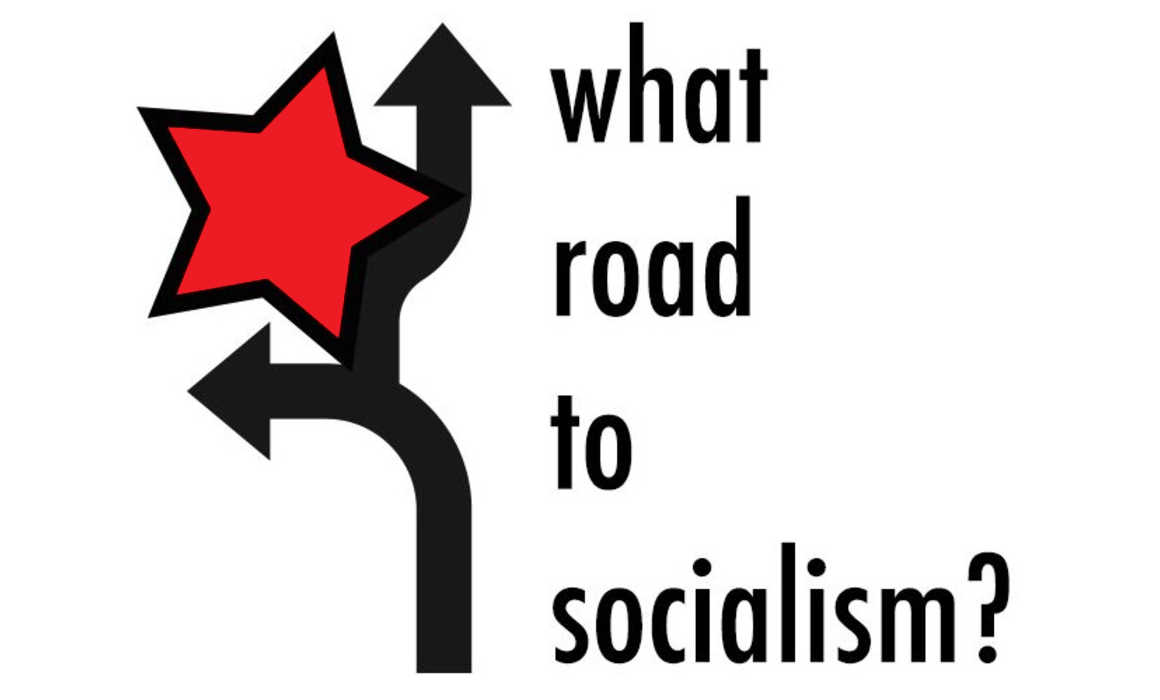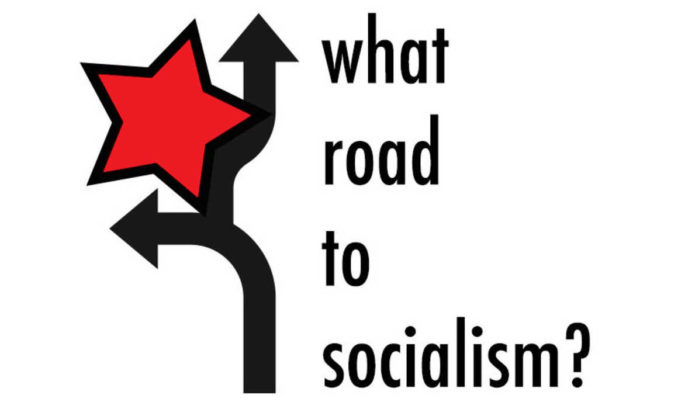



Abolitionist Ruth Wilson Gilmore lays out in her book, “Golden Gulag,” the political climate in the state of California that gave rise to prison expansion. California had an incredibly huge and diverse economy preceding its prison boom, in which the number of people behind bars increased 450 percent between the 1980s and early 2000s.
Prior to this prison boom, California in the 1970s saw heavy policing and the end of the Vietnam war. There was high unemployment and high inflation. The series of crises coming out of this period produced all kinds of surpluses — of workers, land, finance capital, as well as a surplus of state capacity that was rapidly shifting from social welfare to domestic warfare.
Even as crime began to slow, societal production was being arranged around prison expansion. Republicans and Democrats alike were being elected on the false premise that they could keep people safe by locking up criminals. But we know that just exacerbates existing inequalities, disappears people and destroys communities.
According to the Sentencing Project, 70 million people in the U.S. are living with criminal convictions. Simply because they’ve been convicted of a crime, the majority of these people are barred from holding most jobs. Added to this are the 10 million workers, estimated by Pew Research, who are not documented to work in the U.S. because they are migrants. The sum total, 80 million people, is nearly half of the U.S. labor force, mostly people of color, but also one-third white, who are criminalized in ways that are detrimental to all working people.
New Orleans: historic strike
In New Orleans, sanitation workers are now on a historic strike asking for hazard pay and protective gear. Instead of having their demands met, they have been replaced by incarcerated workers who will be paid at most 13 percent of the sanitation workers’ hourly pay of $10.25, or $1.33 per hour under state law, and will likely not receive adequate protection either. (Payday Report, May 9) This effectively pits already exploited sectors of our class against one another.
Wilson Gilmore describes the structure of racism as vulnerability to premature death, which we see so starkly in this period of the global pandemic. Those with access to centuries of stolen resources are generally able to skirt spaces where they would come into contact with the virus and other life-shortening mechanisms like lack of access to health care.
In our organizing as the Texas Death Penalty Abolition Movement, one of the only groups in our state that opposes the use of capital punishment on the political grounds that its use is structurally both racist and anti-poor, this phrase often comes up: “Those who don’t have the capital, get the punishment!”
In places like Texas, the killing capital of the country, which leads in the number of legal lynchings, we feel the afterlives of enslavement embedded into the social order of control known as mass criminalization. From the plantations during slavery to convict leasing of labor to modern-day prisons, this oppression has existed.
While we acknowledge that people of color are disproportionately affected by these institutions, Wilson Gilmore said, “[A]nti-criminalization and effects of perpetual punishment have to be central to any kind of political, economic change that benefits working people and their communities, or benefits poor people, whether or not they’re working, and their communities.” (“Prisons and Class Warfare,” interview, historicalmaterialism.org, Aug. 2, 2018)
What has happened in California is different from what has occurred in Illinois, Georgia, Louisiana, New York, Pennsylvania, Ohio, Texas and elsewhere. And in the 38 countries where the U.S. has had its hand in shaping policing and prisons. These differences mean local assessments are needed.
Revolution and abolition are ongoing processes. We must not stop remaking ourselves and the world. Otherwise, we risk shifting or mutating the means of colonial and capitalist world-making further into the future. Abolition of these institutions is about presence and the connections and structures we build with one another along the way. Abolition is a theory of social change; it is a strategy, and it’s about making things.
Abolitionists use tactics like divestment campaigns, prison moratoriums and building a caring community, by shifting the fruits of our labor to address the root causes of harm and suffering.
United struggle blocks new prisons
One of the many ways California abolitionists were able to halt the state’s self-described “biggest [prison system] in the history of the world” was by aligning against powerful governors and prison guard unions and by organizing the California State Employees Association, which is part of an enormous public sector union in the state.
Together abolitionists and workers slowed down a state that had opened a prison every year for 23 years almost to a halt — where it only opened one prison between 1999 and 2011. They made it impossible for new jails and prisons to be constructed.
All the different sectors of our collective class are bound to one another. Our liberation lives on in our ability to use all levers and all tactics to work across and with the things that make us different. Our liberation is bound to unemployed people, undocumented workers, incarcerated workers and to each other.
A broad understanding of class and the myriad interlocking oppressions working against us is necessary in our fight to resist mass criminalization and the further categorizing of people into more easily conquerable sectors. An injury to one is an injury to all.
As Audre Lorde said, “Revolution is not a one-time event. It is becoming always vigilant for the smallest opportunity to make a genuine change in established, outgrown responses; for instance, it is learning to address each other’s differences with respect.” (“Learning from the ’60s,” speech, Malcolm X commemoration weekend, Harvard University, February 1982)
Crissman (they/them) is a member of the WWP Houston branch and a co-editor of “Tear Down the Walls,” the prisoner page of WW newspaper. They write and organize around prison abolition, anti-imperialism and the environment.
Philadelphia On March 26, the Pennsylvania Supreme Court denied political prisoner Mumia Abu-Jamal permission to…
There are two important and overlapping holidays on April 22: Earth Day and Vladimir Lenin’s…
Twelve people were arrested April 9 for blocking traffic to Travis Air Force Base, a…
Secretary-General of Hezbollah Sheikh Naim Qassem delivered a speech on April 18, 2025. Resistance News…
Anakbayan Philadelphia held a rally on April 19 to demand the U.S. end its military…
Boston, April 20, 2025 The leadership of the Democratic Party nationally and especially in Massachusetts…